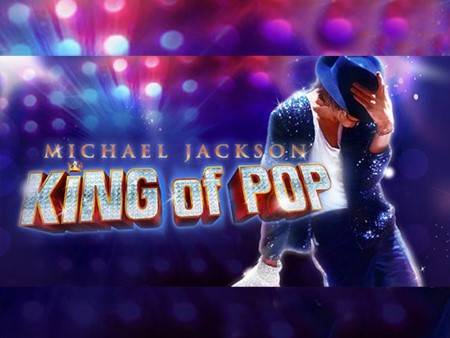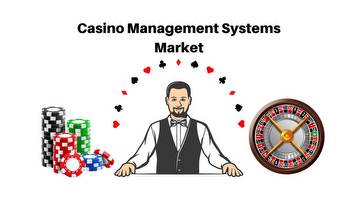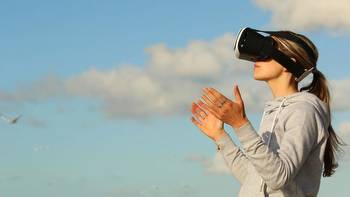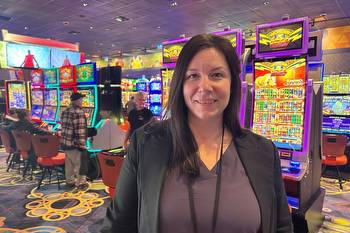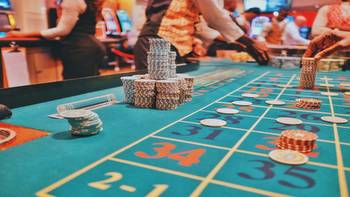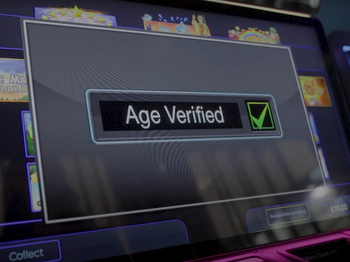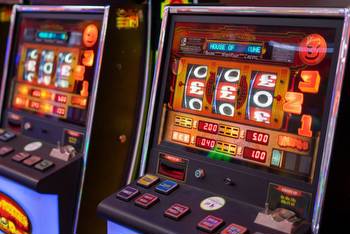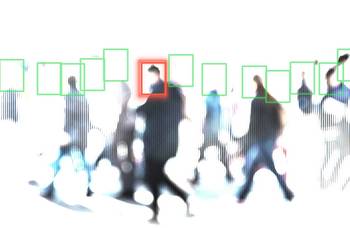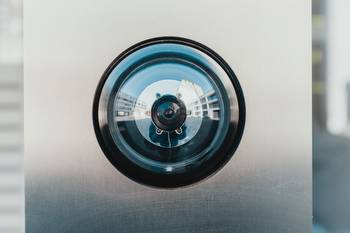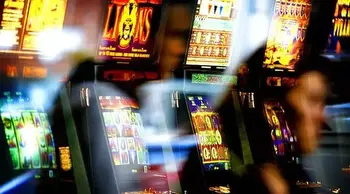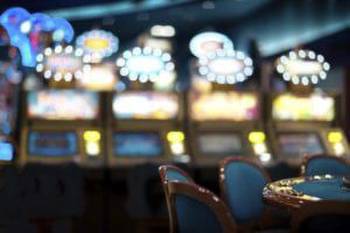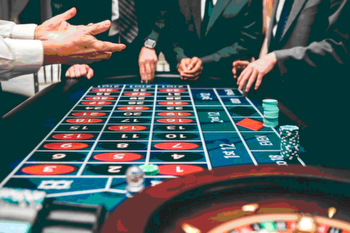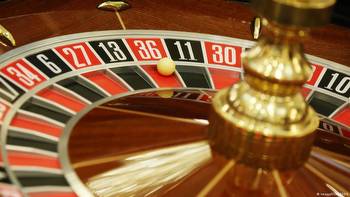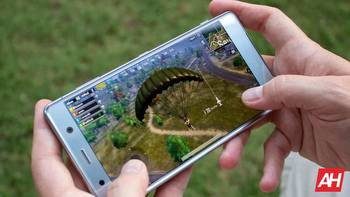Why Casinos Are Spying on Their Ultra-Rich Clients
You could easily miss the exclusive Les Ambassadeurs casino in London. Just off Hyde Park Corner, it sits at the end of a quiet side street populated only with chauffeured black vans waiting to whisk wealthy guests to five-star restaurants or soccer games. The casino’s sole imposition on the street is a red awning above the door. A wall of fragrance, floral and citrus notes to the fore, hits as you cross the marble tiles to be greeted by a receptionist.
Owned by Paul Suen Cho Hung, a China-born businessman who also counts Birmingham City Football Club as a U.K. trophy asset, “Les A” is among the most exclusive gambling dens in the British capital, charging £25,000 ($31,340) a year for membership. Most of its more than 20,000 active members visit from Asia and the Middle East and include billionaires, royalty and celebrities. British retail billionaire Philip Green reportedly won £2 million at one of its roulette tables in 2004.
An integral part of how the casino lavishes services on its members is by monitoring their movements on the premises — with the help of facial-recognition cameras in recent years. Of the 400 cameras in the building, 10 are linked to a face-scanning system. Whenever a member enters the building or one of its private gambling rooms, staff get pinged on their phones.
Clients, for their part, accept this Orwellian scrutiny as necessary to enhance their experience. “It’s the expectation,” says Ryan Best, the surveillance and security manager at the casino who set up its facial-recognition system up in 2018. Several luxury hotels in nearby Mayfair have recently introduced similar systems to alert everyone to arriving VIPs, he says.
“It’s an early warning system,” Best adds. Ambassadeurs’ serving staff and croupiers — women in ballgowns and men in tuxedos who glide around the premises — all have phones with the encrypted chat app Wickr. If a high roller enters “The Palace” gambling room, where gold gilding decorates the walls above thick oriental carpets, a facial-recognition camera mounted in the corner automatically pings staff via the messaging app. The VIP’s favorite host will then head up to the room, Best says, or staff can discuss how best to accommodate the guest.
The casino’s members are graded in Tiers from 1 to 10, with 1 being the most important, like tycoons and sports stars; the higher the ranking, the more closely they’re monitored. The network of face-matching cameras in each of the gambling rooms lets staff map where prized customers and their entourages are headed, though it doesn’t track when clients visit the bathroom or public areas outside the building.
It stands to reason that casinos would pioneer high-tech surveillance for the affluent, having been at the forefront of using visual screening for years, albeit to recognize cheats. (1)In the last three to five years, casinos have ramped up their use of the technology as high-definition cameras have become more accurate and server costs, for processing and storing facial images, have come down.
Best and his team still use the technology, provided by Israeli firm Oosto, to detect the bad guys, he told me on a recent visit. The casino’s blacklist comes from three different sources: a database of roughly 1,000 gamblers who’ve put themselves on a national self-exclusion list; another 300 or so people who’ve been convicted of committing a crime in a casino; and a bespoke list of a few ex-clients who behaved badly on the premises. If the system flags any of them at the entrance, a receptionist double checks the software is correct and then politely asks them to leave.
But tracking VIPs has now become the main use case for facial recognition at Les A, and it augurs a more tracked and automated future for the rest of us. For all its controversy, facial recognition is fast becoming a popular tool for convenience, used ubiquitously to unlock phones and, increasingly, to pay for things. Sports stadiums and airports have offered face-recognition kiosks as an alternative to tickets, while Mastercard Inc. this month started testing facial-recognition payment system for stores in Brazil, with plans to roll it out internationally soon.
Face recognition is typically used to either validate your identity, or to search for a face (usually someone suspected of a crime) in a crowd. What’s unusual about Les Ambassadeurs is that it’s using the latter, surveillance-based approach employed by police, to keep its favorite customers coming back. “It’s all part of that white-glove service,” says Best. It’s also a signal for where surveillance-based technology might be headed: a form of real-world customer tracking that gives businesses new sources of data, and which consumers could easily embrace if it seems to make life more convenient for them.
Might Best ever use emotion-analysis software to check if a VIP is getting too grumpy and needs some food, or eye-tracking tech to flag when gamblers are glancing at a croupier with suspicious frequency? “That’s a bit intrusive. It’s overkill,” says Best, adding that his human staff monitor the behavior of clientele perfectly adequately. “It’s all about balance.”
But other casinos are already pushing the limits of what Best and many others find acceptable. In the global gambling hub of Macau, casino operators have used hidden cameras to track how their customers behave at betting tables to judge which ones are most likely to lose money, and assess their appetite for risk, according to a 2019 report in the Los Angeles Times. Facial recognition’s even-more controversial cousin, facial analysis, has been used in Chinese schools to monitor pupil attentiveness, or in Chinese workplaces to track emotion. Zoom Video Communications Inc. is developing a mood-analyzing tool for its video-conferencing software, according to the Protocol news website.
Technology has often had a jarring impact on our dignity and privacy before, for better or worse, finding wider acceptance thanks to the benefits it ostensibly offers — think of all the behavior tracking by Meta Platforms Inc.’s Facebook or the way Amazon.com Inc.’s Ring doorbells share footage with police. It’s not hard to see a future where hotels, restaurants and retailers develop their own early warning systems for when their favorite customers show up on site. For people lower down the social rankings though, that might not be so much fun.
• Why Apple Will Beat Meta in the Mixed-Reality Battle: Trung Phan
• Earnings Math Catches Up With the Tech High-Fliers: Nir Kaissar
• Buffalo Should Force a Reckoning for Tech Platforms: Parmy Olson
(1) Before the age of cameras, security personnel would use binoculars to gaze through a one-way window in the ceiling of casinos, known as a catwalk, to check for card counters or cheaters, while door staff would try to memorize thousands of photos of mugshots behind the front desk.
This column does not necessarily reflect the opinion of the editorial board or Bloomberg LP and its owners.
More stories like this are available on bloomberg.com/opinion







